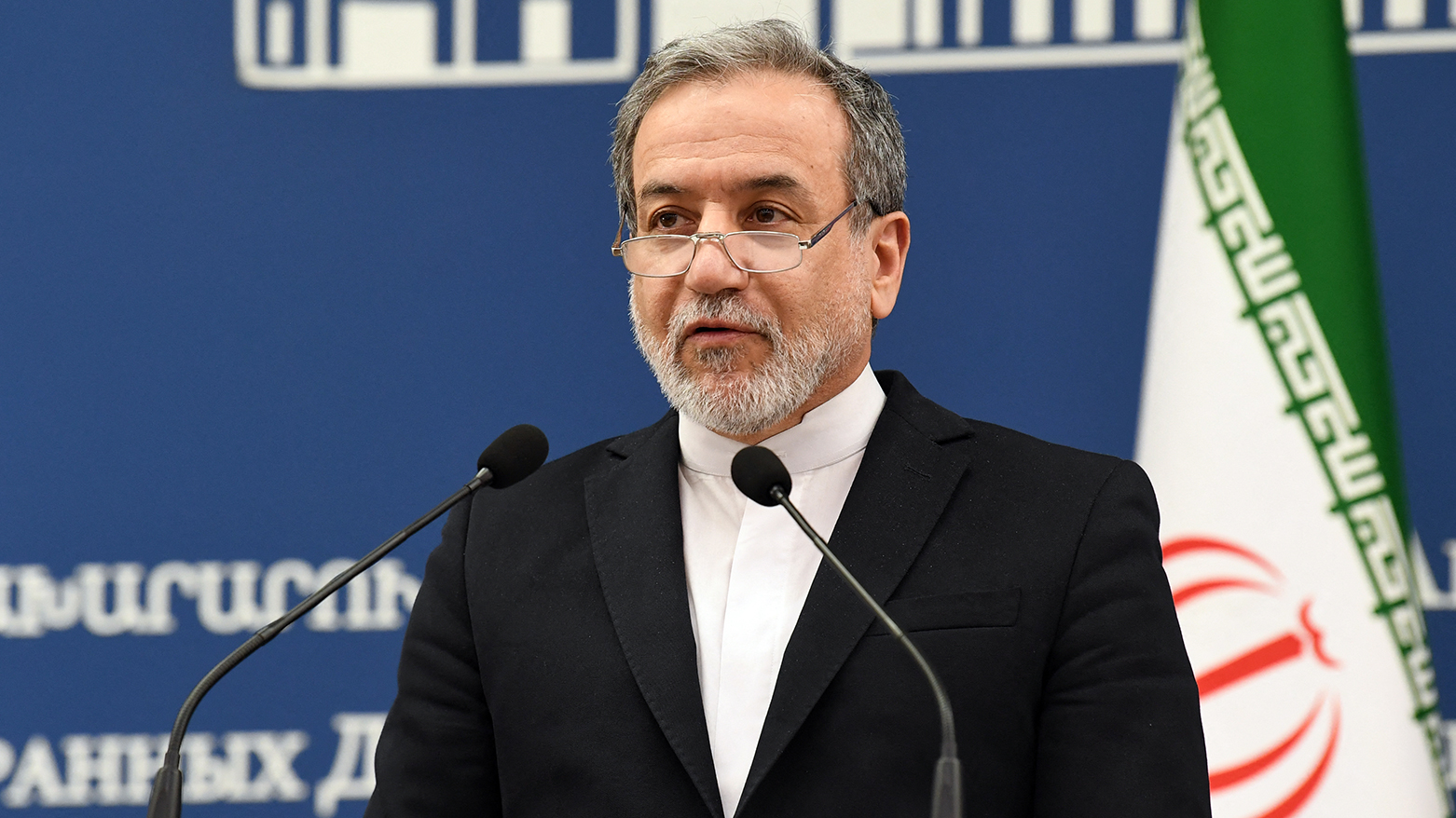Iran’s Araghchi: Tehran to Respond to Trump’s Letter Soon, Rules Out Direct Talks Under Pressure
"We are under extreme pressure from the U.S., with threats of further sanctions or military action. But let me be clear—Iran will not negotiate under coercion," Abbas Araghchi said.

By Ahora Qadi
ERBIL, Kurdistan 24 — Iran’s Deputy Foreign Minister Abbas Araghchi announced on Tuesday that Tehran is finalizing its response to a letter from U.S. President Donald Trump and will deliver it through diplomatic channels, while firmly rejecting direct negotiations under coercion.
Speaking at a joint press conference with Armenian Foreign Minister Ararat Mirzoyan in Tehran, Araghchi confirmed that Iran’s reply to Trump’s message is in its final stages.
"Our response is being carefully prepared and will be conveyed through appropriate and respectful means," he said.
No Talks Under "Maximum Pressure"
Araghchi dismissed the possibility of direct U.S.-Iran talks, citing Washington’s campaign of "maximum pressure," including crippling economic sanctions and military threats.
"We are under extreme pressure from the U.S., with threats of further sanctions or military action. But let me be clear—Iran will not negotiate under coercion," he stated.
However, he reiterated Iran’s commitment to multilateral discussions on its nuclear program, particularly within the framework of ongoing talks with the E3 (France, Germany, and the UK).
"Iran has never left the negotiation table and remains open to transparent dialogue," he added.
Diplomacy Over Conflict
Araghchi emphasized Tehran’s preference for diplomatic solutions to regional tensions, ruling out military confrontation.
"Iran firmly believes regional disputes must be resolved through dialogue, not war," he said.
Iraq Discloses Trump’s Letter Details
In a related development, Iraqi Foreign Minister Fuad Hussein revealed key details of Trump’s letter to Iran’s Supreme Leader Ayatollah Ali Khamenei during a phone call with Araghchi. The message reportedly proposed renewed nuclear talks but included veiled military warnings, further straining U.S.-Iran relations.
Hussein praised Tehran’s openness as a potential step toward dialogue, with Iraq offering to mediate—a role it has played in past indirect talks between the two adversaries.
The diplomatic exchange comes amid heightened U.S. pressure, including sanctions on Iranian oil and recent airstrikes against Iran-backed Houthi forces in Yemen.
Iraq’s Mediation Role
As tensions persist, Iraq has emerged as a critical intermediary, hosting backchannel discussions between Washington and Tehran. The foreign ministers also addressed regional flashpoints, including conflicts in Gaza, Lebanon, and Yemen.
While Trump’s overture and Iraq’s mediation efforts could lay the groundwork for future talks, the specter of military escalation remains. Whether diplomacy can prevail over confrontation will depend on the next steps from both sides.